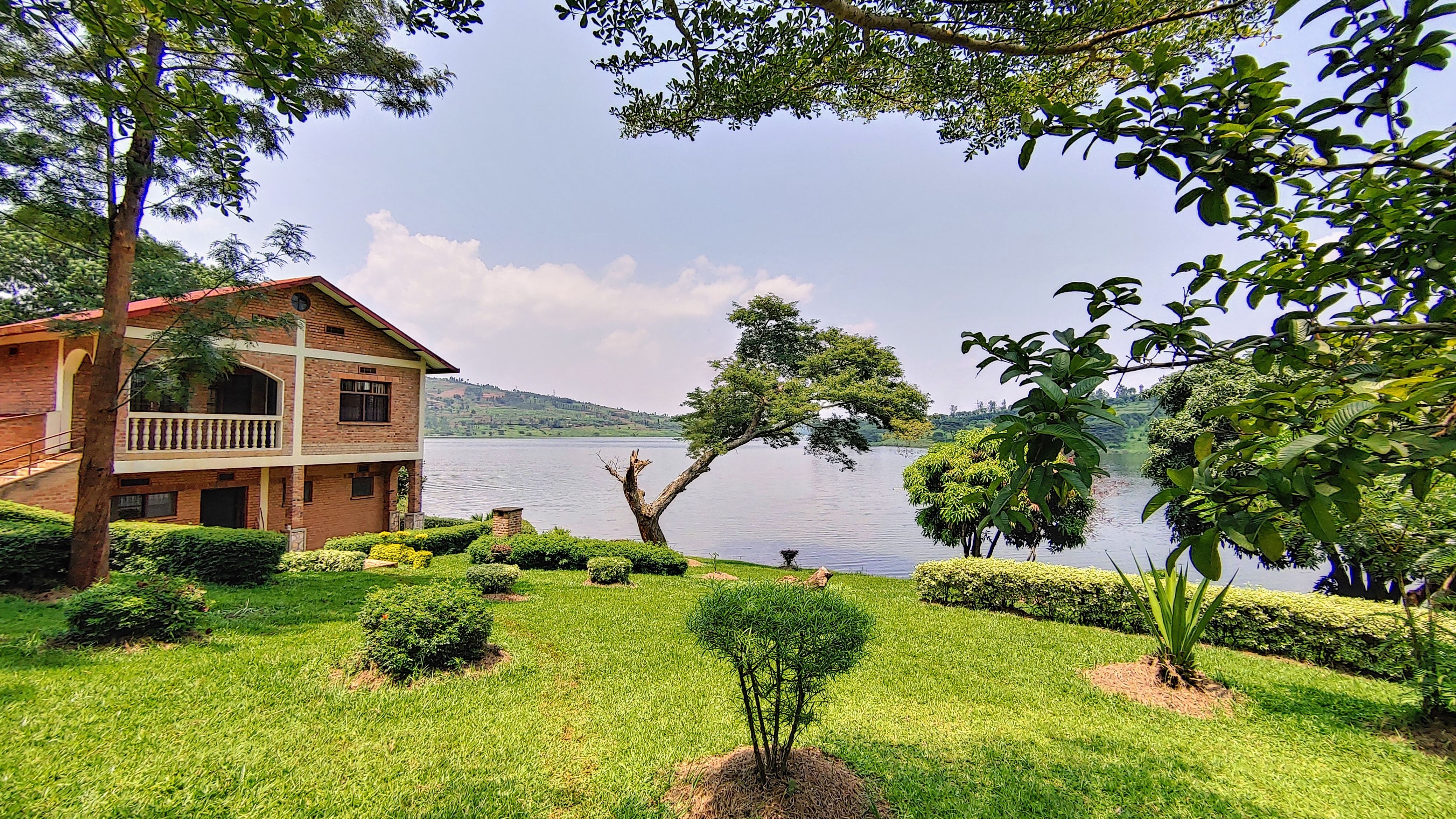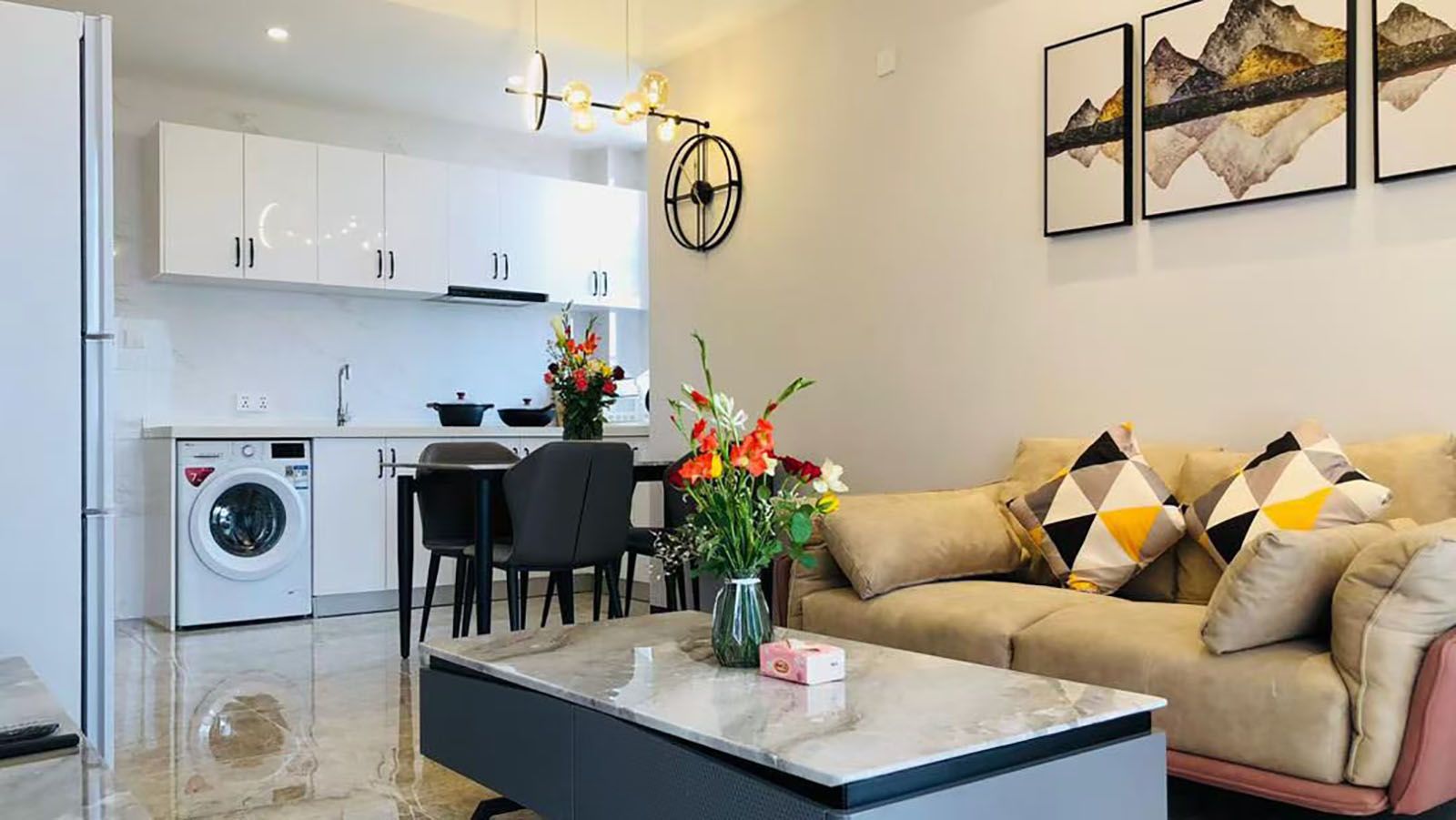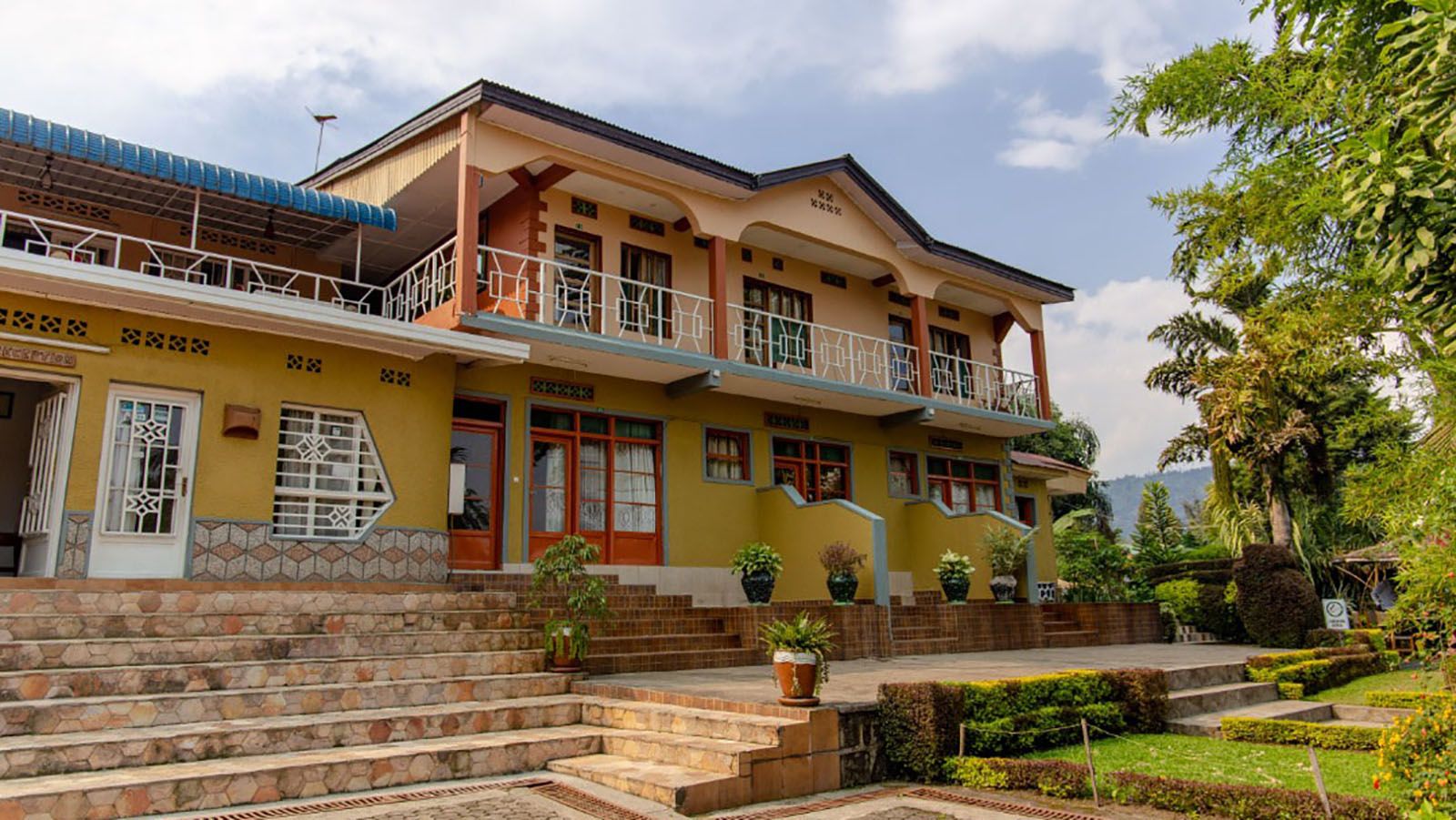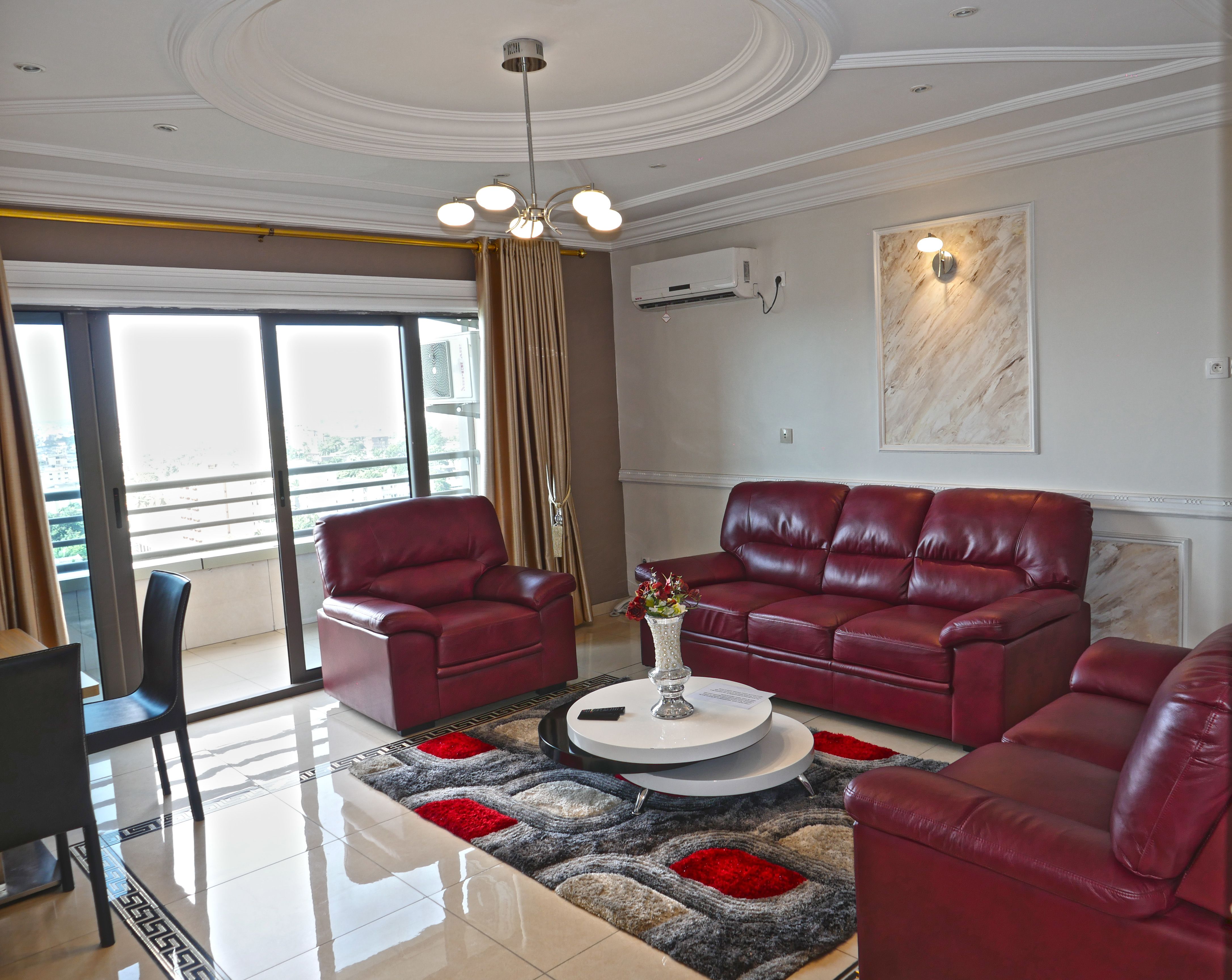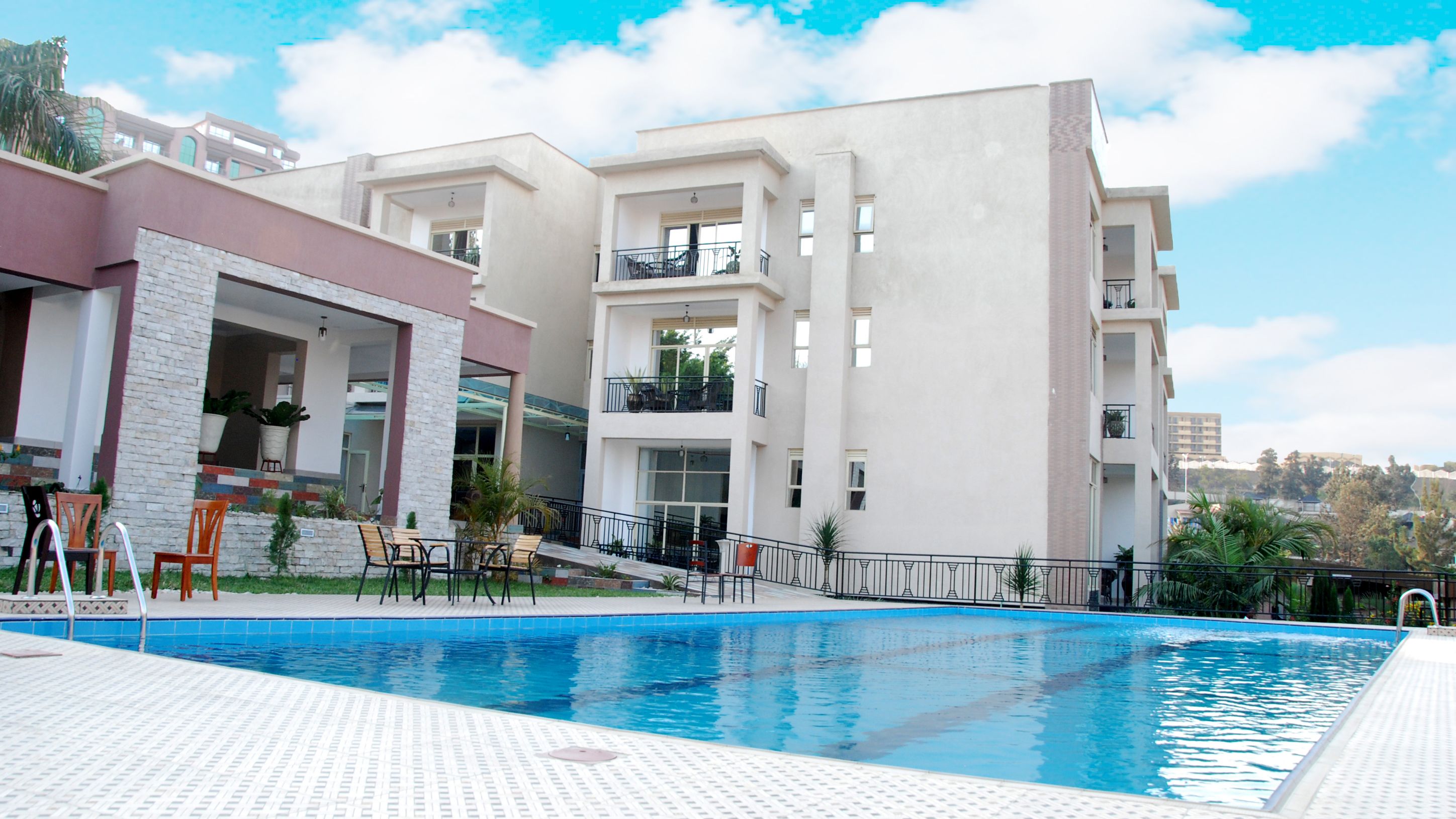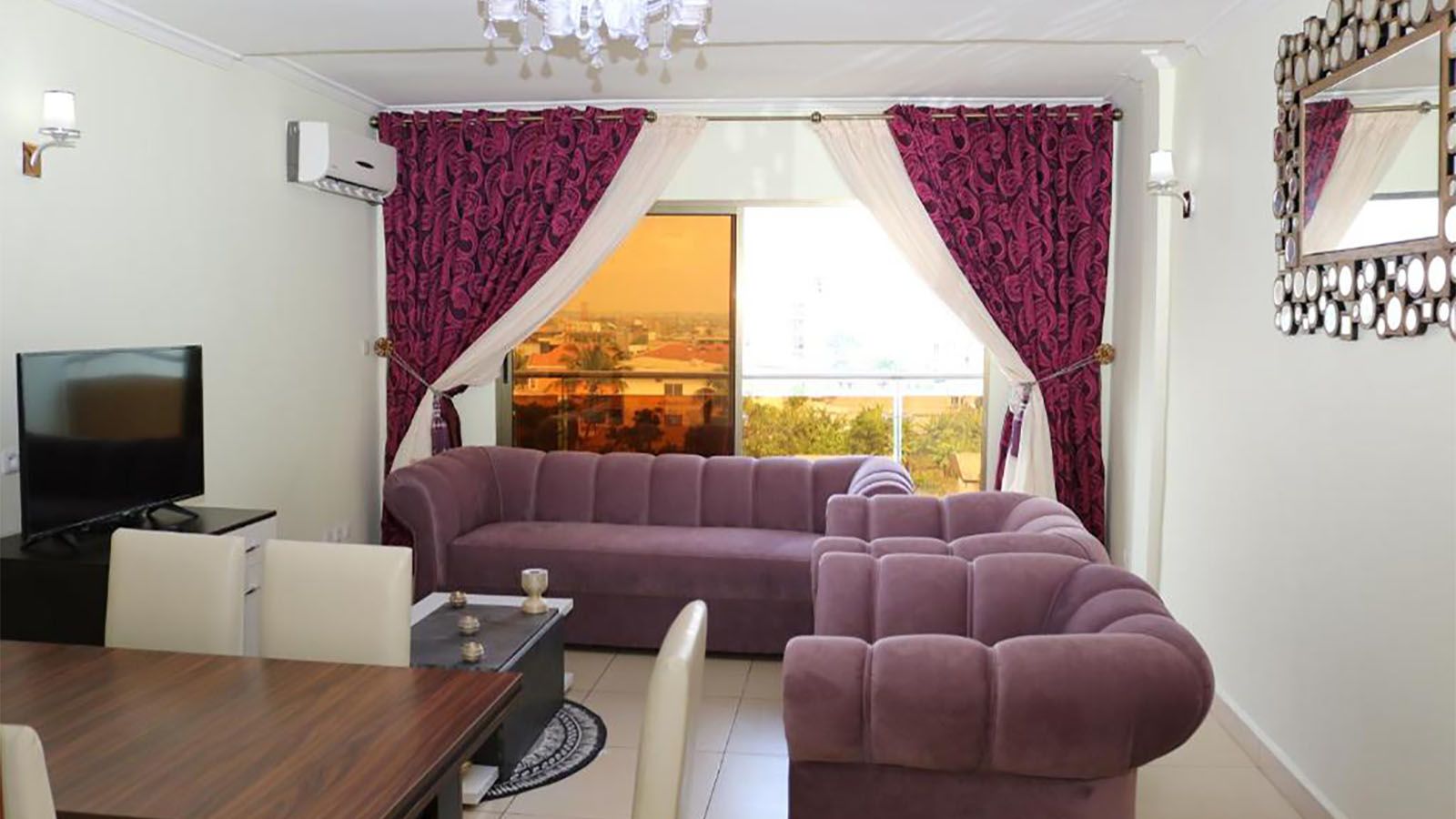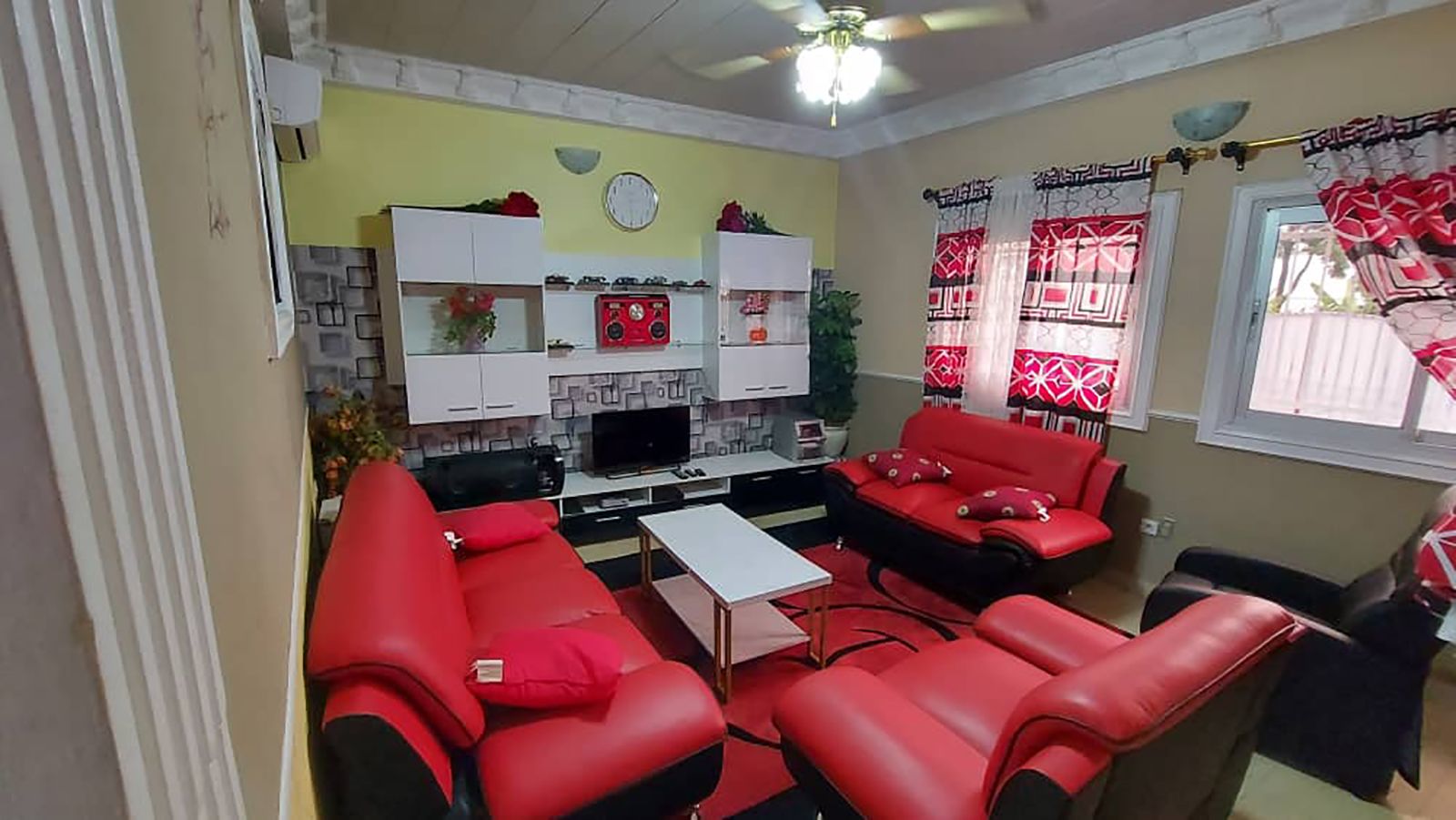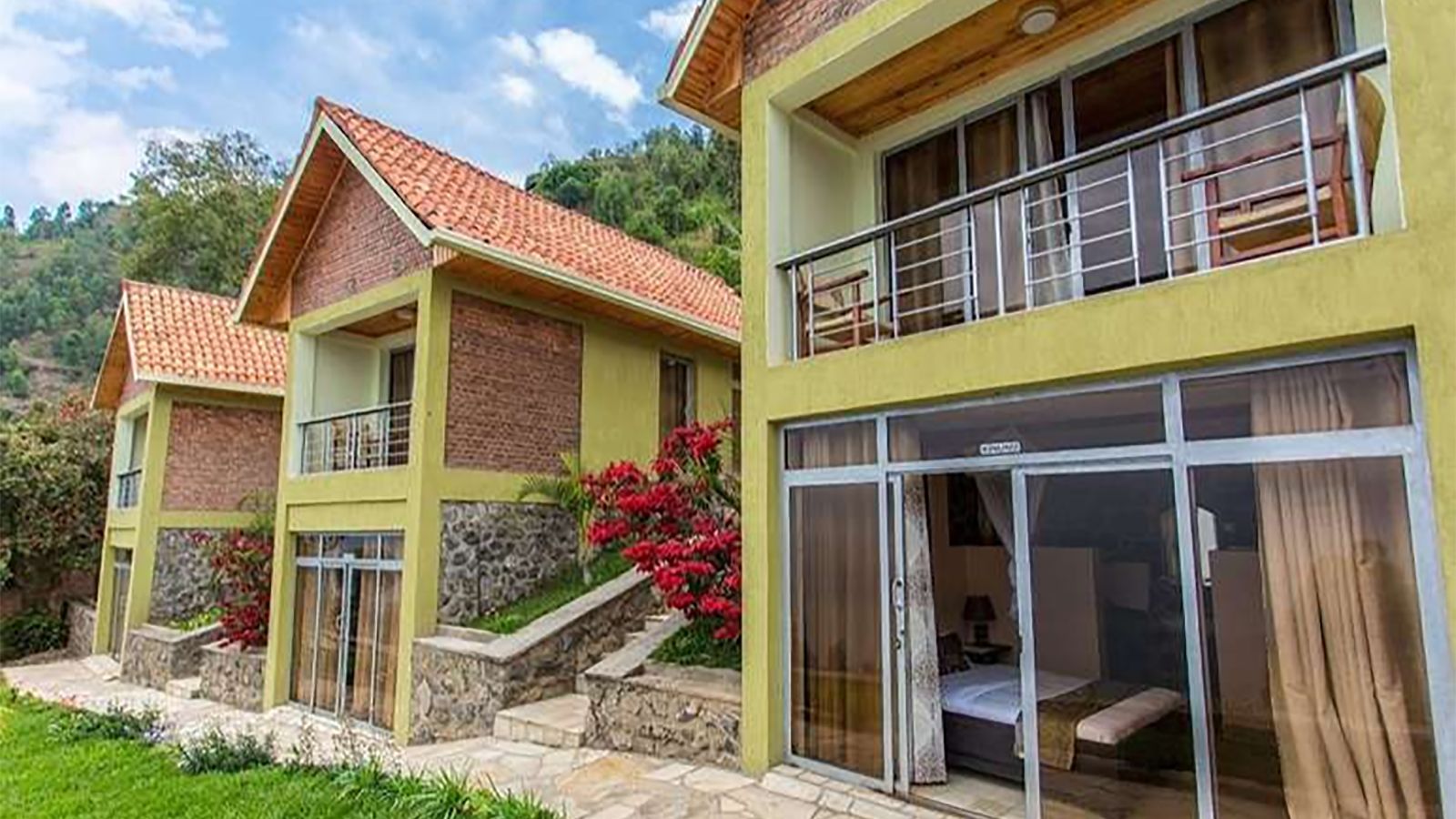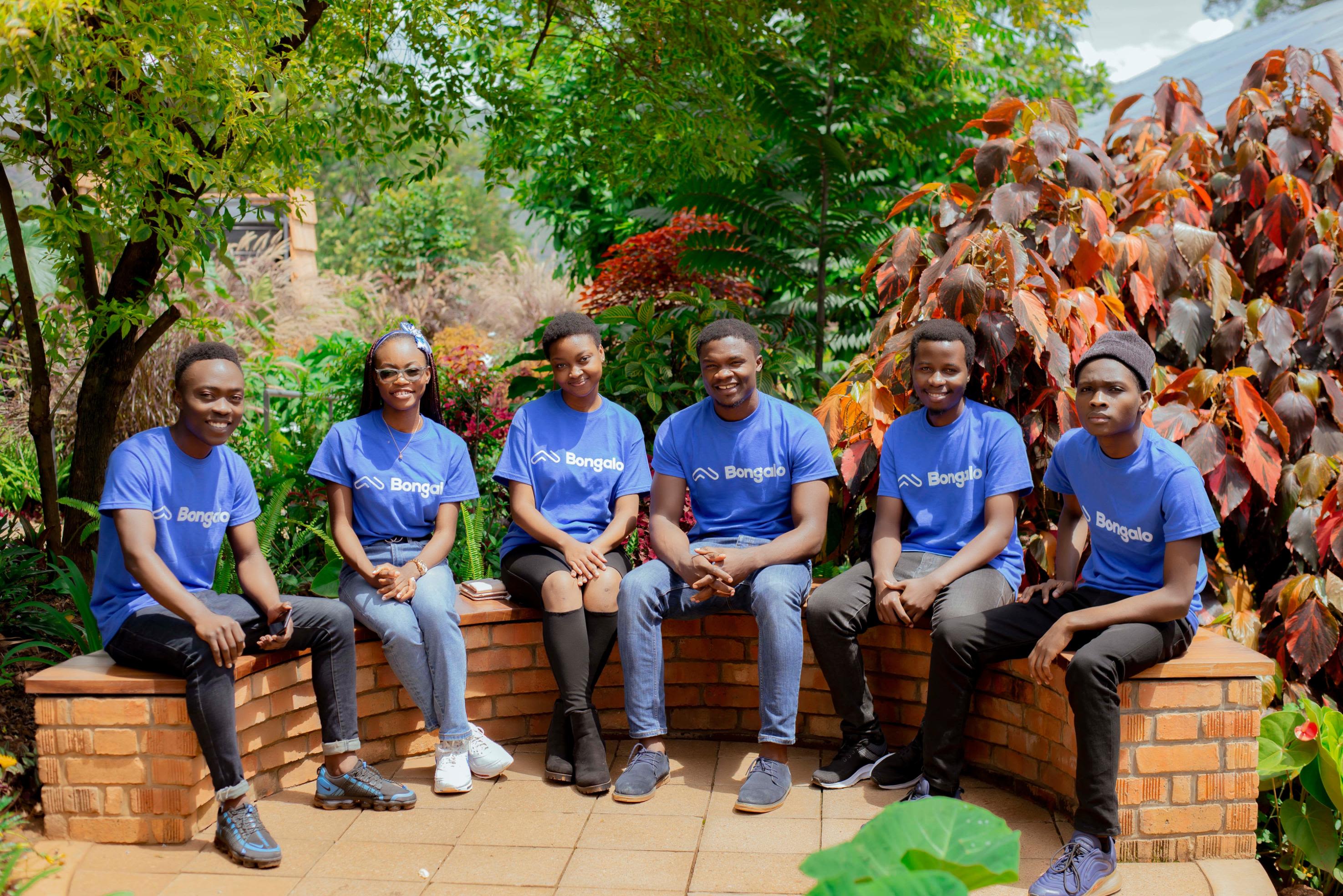Since Airbnb launched in 2008, it has taken the travel industry by storm. Sharing a home or renting an apartment has become a fashionable, and often more affordable, alternative to booking a hotel room.
More than a decade later, the company has 6 million active listings worldwide in more than 200 countries. But one region it’s yet to crack is Africa.
Despite rapid growth in the last decade, Airbnb had around 130,000 listings across the whole continent in 2018 (the company would not disclose any more recent figures), with the majority in South Africa. For comparison, in May 2019, there were more than 80,000 properties listed in London alone, according to city authorities.
Cameroonian startup founder Nghombombong Minuifuong puts this down not to a lack of demand or supply, but the absence of one payment method that’s especially prevalent on the continent. Guests and hosts on Airbnb are unable to use mobile money, a system that lets users send and receive money through a cell phone. This is becoming increasingly popular in Africa, where there are over half a billion registered accounts, according to Global System for Mobile Communications (GSMA), an industry trade group.
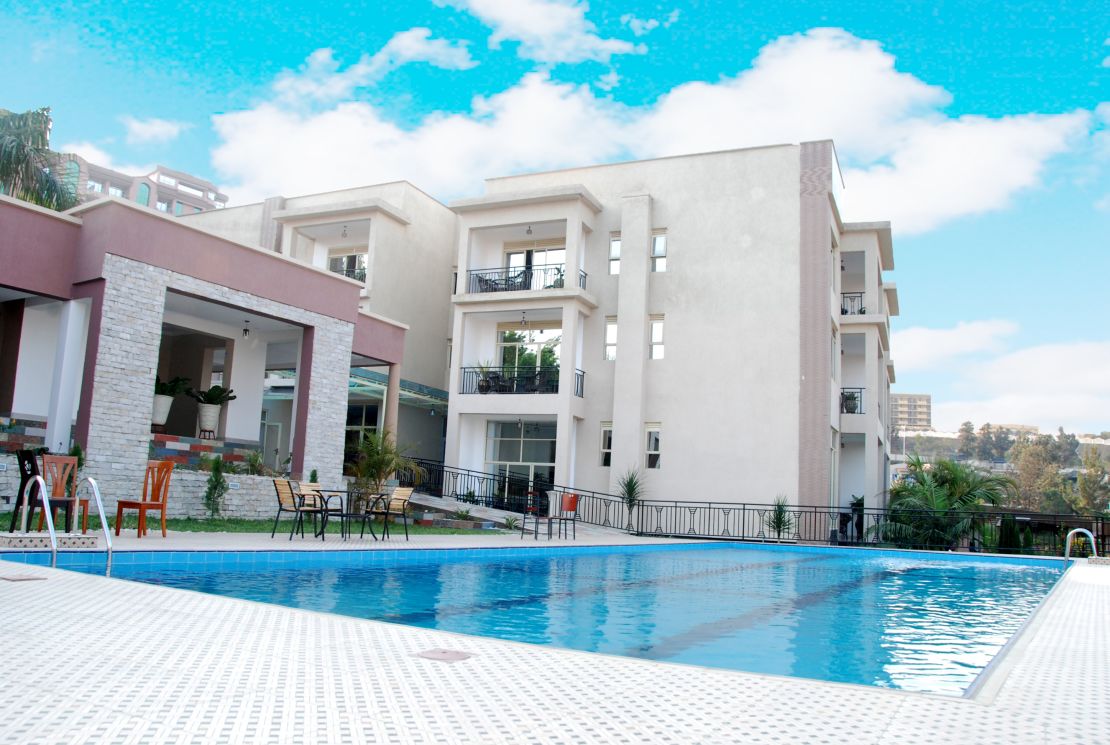
That’s why he launched Bongalo, a home rental platform that accepts mobile money and is vying to become Africa’s own Airbnb.
“My vision is to build a platform that … enhances travel across Africa by connecting people to affordable places to stay,” he says.
Scaling up
In terms of scale, the startup still pales in comparison to Airbnb. Bongalo launched in Cameroon in 2017 as a real estate company, but in 2019 relocated to Rwanda, pivoting to its current model. It has more than 1,000 properties listed in total across both countries and over 5,000 users, says Minuifuong, but he expects demand to rise as Africans are able to travel more freely around the continent with the lifting of Covid restrictions.
Domestic tourism across the continent has bounced back quickly since the outbreak of Covid-19, says Christele Chokossa, consultant at market research company Euromonitor International, thanks in part to less stringent travel requirements within Africa and the tourism industry focusing on local travelers, she says.
But good, cheap accommodation can be hard to come by. A 2019 report on hospitality in Africa, by online travel agency Jumia Travel, notes that “cost remains one of the main blockers for a faster development of local tourism” and that technology will be key in bringing prices down. The average price of a hotel in Africa’s most popular cities is $50 per night, it says.
Bongalo’s listings typically cost around $40 per night, says Minuifuong. The properties, which are verified before being listed, can be booked via the company’s website and will soon be available on an app. The platform is especially popular with customers between the ages of 25 and 35, he adds.
“The younger generation of tech-savvy travelers has been embracing the convenience and affordability of the shared rental economy in recent years,” says Chokossa. “In countries like Cameroon, improved internet and social media penetration gave room to affordable hotel apartment rentals options, since it allowed owners to promote their services easily.”
Paying over the phone
By accepting mobile money, Bongalo also helps customers avoid transaction and currency conversion fees that come with paying by credit or debit card, and taps into Africa’s “unbanked” market, as no bank account or internet access is required.
This is crucial in sub-Saharan Africa, where less than half of the adult population has a traditional bank account, according to the World Bank. But mobile money has also become a preferred payment option for many people with bank accounts, says Minuifuong.
“The solution has penetrated so much on the African continent, and everyone trusts it because of its simplicity and its security. People prefer using it to cards,” he says.
According to the GSMA, the region accounted for 64% of mobile money value transacted globally in 2020 – a total of $490 billion.
Bongalo also accepts credit and debit cards, which appeals to international tourists or the African diaspora, says Minuifuong – although he adds that the majority of guests live on the continent and around half of them usually travel within their own country. For the less tech-savvy who don’t want to book online, the startup has partnered with independent travel agents who can book a property directly for the customer or include it as part of a wider travel package.
Local solutions
In 2022, Minuifuong wants to expand Bongalo’s operations to Ivory Coast, Senegal and Kenya. Long-term, he hopes it will be available in all African countries.
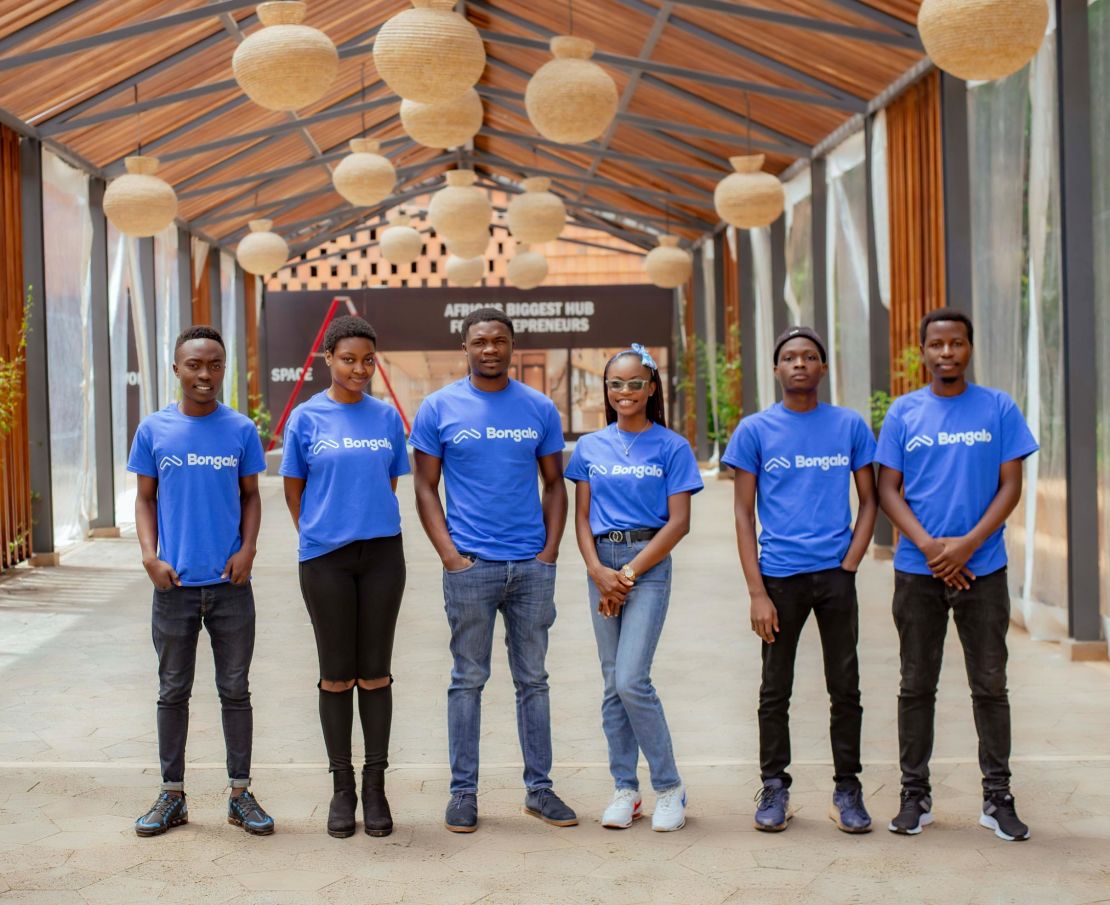
Competing with Airbnb will be a tall order as it “has become a household name across the continent,” says Chokossa. But she notes that the African market remains underpenetrated, and that startups like Bongalo, which tailor services towards local consumers, “might intensify competition in the future, especially if they receive support from international investors.”
So far, Bongalo has received $320,000 through Google’s Black Founders Fund in Africa, a scheme that will see $4 million invested across 60 Black-founded startups on the continent, and it is currently ramping up to a round of seed funding.
Even if Airbnb started to accept mobile money payments, Minuifuong is confident there is still space for his business.
“Competing with Airbnb is very possible because we understand how the market operates,” he says. “It’s about people being more local centric and using local-made solutions.”
